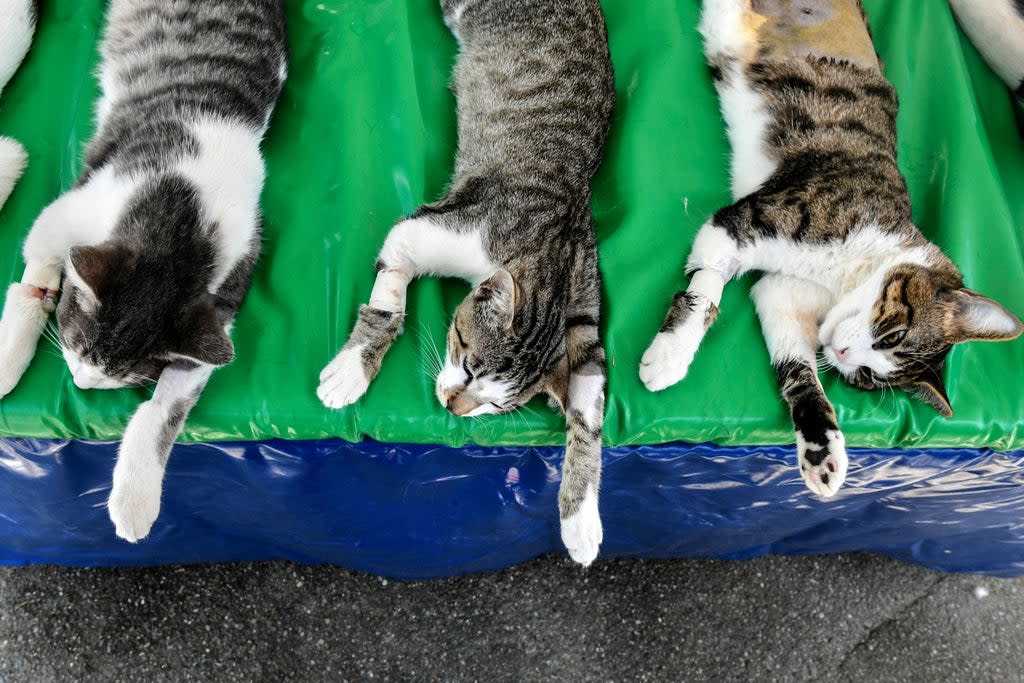Cats who live together know each other by name, Japanese study finds

Cats who live together with their other feline companions identify and learn each other’s names, a new study in Japan has shown.
This discovery, made by scientists in Kyoto University and other institutions, was after studying 48 cats which cohabitated with at least two other pets — either with a family in their home or at a cat cafe. Of these, 29 cats were living in a cafe and the other 19 were domestic pets.
The study branched out in two experiments to decode the cognitive abilities of cats, where in the first exercise, all 48 cats were shown their fellow feline’s photo, who they lived with.
In the course of the study, the responses from the cats were monitored whenever a name of the cat or a completely unrelated name was called. The cats were tested individually in a familiar room, the study said.
According to the scientists, if the cat stared at a photo longer, it was a definite sign that the cat knew the pictured animal’s real name.
In the case of domestic felines, the 19 cats spent a longer period of time staring at the photo when the name of the cat did not match the pictured animal.
The researchers said that the “household cats paid attention to the monitor for longer when the wrong name was called, indicating an ‘expectancy violation effect’”.
One cat, according to the study, “completed only the first trial before escaping from the room and climbing out of reach”.
The study concluded that while “not all cats attended for longer duration in the incongruent condition, the number of household members affected their responses: with more family members, cats attended for longer to the monitor in the incongruent condition.”
“Furthermore, cats that had lived with their family for longer showed the longest durations of attention when the name–face relationship was incongruent,” the study read.
It added that the results from the study suggest that “cats might learn names from observing interactions between humans: a third-party perspective.”
In the case of house cats, the feline matched “at least their companion cats’ names and faces, and possibly their human family members’ names.”
This is the first such evidence scientifically proving that domestic cats can connect the human utterances and their social referents through their lived everyday experiences.
It was also found that cats recognise “at least one companion cat’s name and a human family member’s name” but scientists are a little unclear on what motives the cats have behind remembering names.
“One possible explanation has to do with competition. For example, a cat might receive food when the owner calls her name but not when she calls another cat’s name,” the study said.
The fact that humans are probably not in competition with cats might explain the weaker association between human names and faces, it added.

